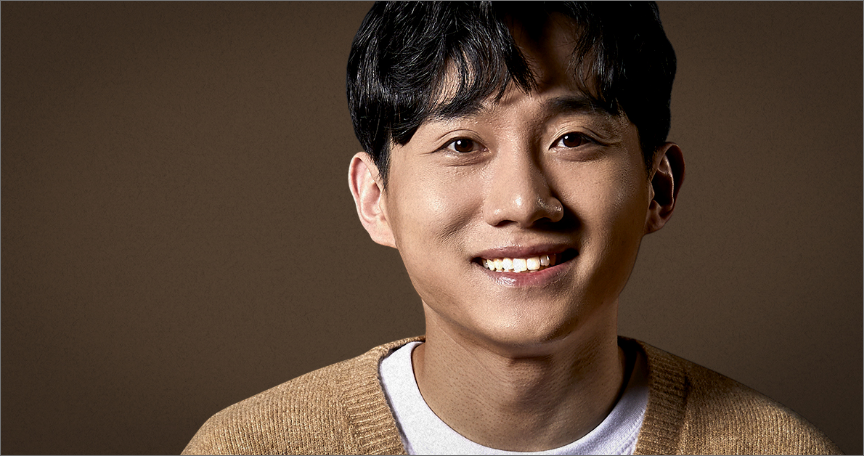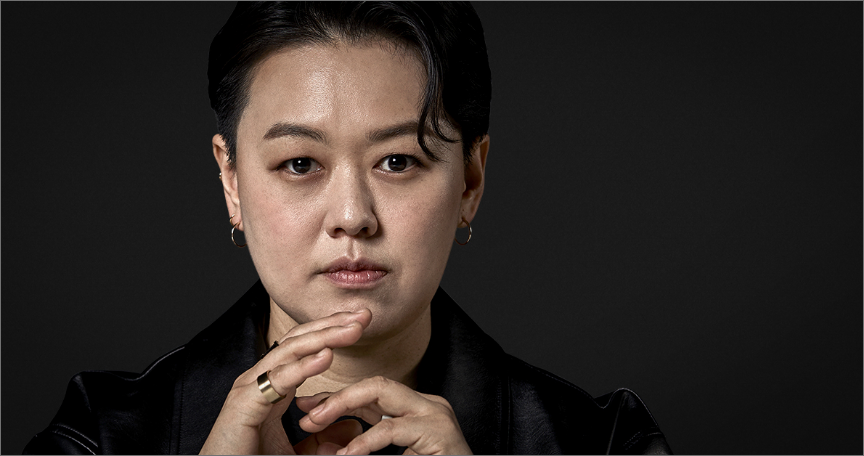I was born in Canada and lived in the US for seven years. After I grew up, I spent eleven years in Switzerland. I used to love games as a child and to write a lot about them. While I was in college, I used to write game reviews for an online game magazine and participated in 2005 E3 as a press member. Those that like games would know; when I think about the games that I play, their music would play in my head. I had great affection towards game music and entered the game industry after I had a chance to work for Brave Wave, a game music label, in 2012.
I traveled to Korea in 2017 and thought that I wanted to live in the country. At the time, I got a chance to work in a game localization company, thanks to a friend’s help. After then, I joined NC to have an opportunity to work for a game developer. The whole process from submitting an application to coming on duty was a great challenge for me. I was worried much at the time because I was not as fluent in Korean as I am now. However, I successfully settled down, thanks to an active support from my colleagues.
 Facebook
Facebook  Twitter
Twitter  Reddit
Reddit  LinkedIn
LinkedIn  Email
Email  Copy URL
Copy URL 






